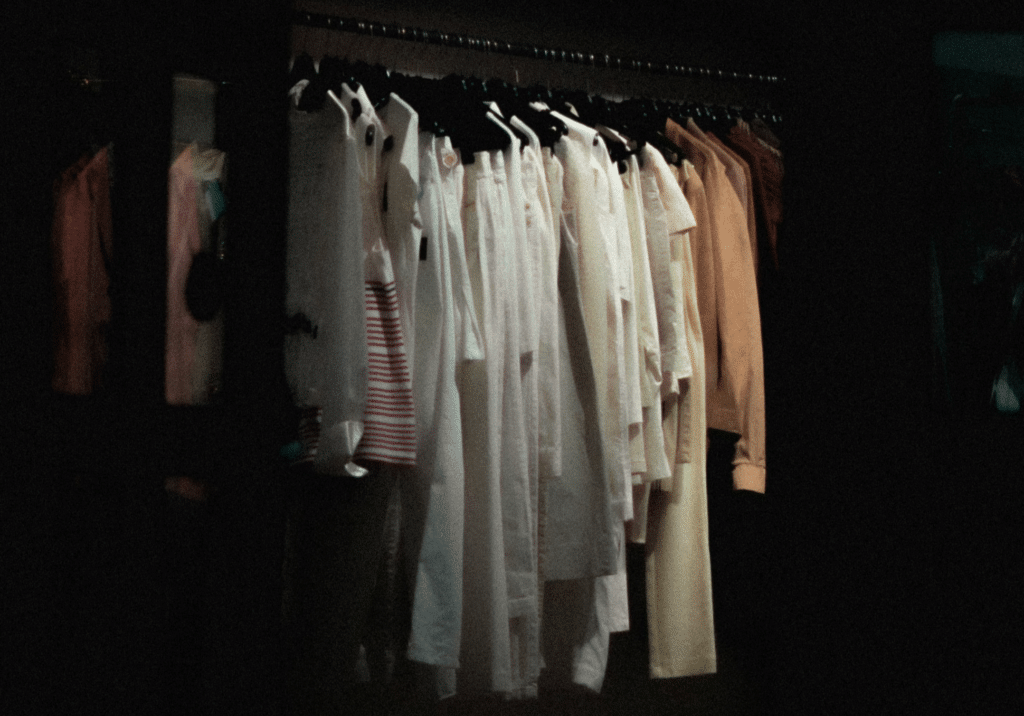
image: ManRepeller
Mary-Kate Olsen and Ashley Olsen’s award-winning label, The Row, sources much of the cotton for its pricey garments from South Carolina. The domestic growing of cotton is a significant rarity, even in the uppermost echelons of the fashion industry. In fact, the vast majority of fashion brands look abroad for cotton, and the conditions in many of the far-flung locations where cotton is harvested continue to be rife with deplorable labor conditions, despite recent attempts at reform.
In Uzbekistan, for instance, where a significant amount of the world’s cotton is sourced, systematic forced labor remains the norm. Two years after the Uzbek-German Forum for Human Rights issued an eye-opening report documenting the state-sponsored system of forced labor, including child labor, centering on the harvesting of cotton, the human rights NGO found that little has changed.
The Uzbek-German Forum’s most recent report – entitled “We Pick Cotton Out of Fear”: Systematic Forced Labor and the Accountability Gap in Uzbekistan – states that as of 2017, the Uzbekistani government was still “forcing education and medical workers, other public sector employees, private sector workers, people receiving benefits, and some college and university students to pick cotton involuntarily.”
In order to monopolize on the nation’s main cash crop, cotton in Uzbekistan is grown on government-controlled farms and harvested in lengthy shifts, oftentimes involuntarily. According to the Uzbek-German Forum, “While a small amount [of cotton] was mechanically harvested [in 2017], and some was picked by truly voluntary labor, the vast majority of the days in the cotton fields were put in by forced laborers.”
Shifts commonly last between 25 and 40 days of labor, and any individuals that “refuse to pick cotton or failed to work hard enough,” face consequences, “including dismissal [from their employment], loss of salary or benefits, and other punishments.”
“People can only avoid picking cotton if they pay for a replacement worker to pick for them,” the report states. As a result, Uzbek-German Forum documented “unprecedented levels of extortion of money from citizens to pay for replacement workers, including the extortion of money from public sector employees ostensibly recalled from forced labor.”
Last year, change appeared as though it could be afoot in connection with forced labor in Uzbekistan – which has steadily been climbing the list of largest producers/exporters of cotton, exporting 3.35 million tons of cotton in 2016 – when Uzbek President Shavkat Mirziyoyev publicly acknowledged the issue of forced labor in his country for the very first time at the United Nations General Assembly in New York in September 2017.
However, as noted by Human Rights Watch, Uzbek-German Forum’s new report makes clear, that despite such potential, “it is too soon to declare victory.”
The 2017 report “is consistent with findings in a 2016 report,” per the Human Rights Watch, “including in areas with World Bank funded cotton sector projects.” The recent report “confirms that forced labor continued in World Bank project areas, contrary to the bank’s loan agreements. While this should be grounds for project suspension, the bank remains heavily invested in projects that benefit Uzbekistan’s cotton sector.”
The group further noted that the nation lacks “a roadmap towards accountability for and prevention of labor rights abuses” in connection with “a quota production system, [which] continues to force people to pick cotton with little accountability.”











